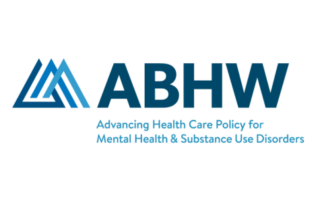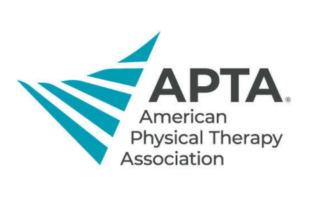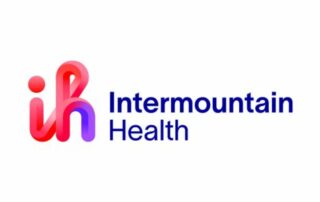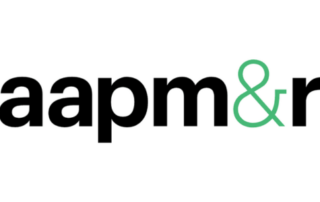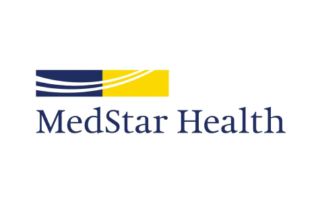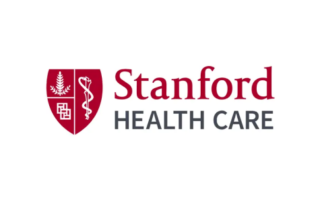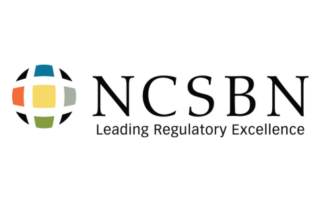The Alliance for Connected Care aims to:
Demonstrate the importance of Connected Care as a tool for improved quality and efficiency.
Build significant and high-level support for Connected Care among leaders in Congress and the Administration.
Enable more telehealth to support new models of care.
Lift geographic and site restrictions for telehealth in Medicare.
Establish a consensus-based, standardized definition of Connected Care to advance with policymakers.
Alliance News
BMC Health Services Research: The Implementation of Telemedicine in Wound Care
BMC Health Services Research: The Implementation of Telemedicine in Wound Care The increasing use of telemedicine represents a major shift for health workers and patients alike. This study explored how both health care professionals and patients experienced the implementation of telemedicine follow-up in primary care. The analyses revealed the following themes: (1) enhancing professional self-efficacy for wound care, (2) a need to redesign the approach to implementing TM technology and (3) challenging to facilitate behavioral changes in relation to preventive care. As to patients’ experiences with taking part in the intervention, we found the following three themes: (1) experience [...]
Journal of the Association of Nurses in AIDS Care: Assessing the Disruption of Health Services During the COVID-19 Pandemic
Journal of the Association of Nurses in AIDS Care: Assessing the Disruption of Health Services During the COVID-19 Pandemic A Rutgers Health study suggests telehealth could be a viable long-term option for people living with HIV, potentially saving them time, effort and expense related to in-person medical visits. The study found patients receiving in-person care before the COVID-19 pandemic adapted well to telehealth appointments, maintaining their treatment regimens and health outcomes during the early stages of the crisis. The shift to telehealth didn’t hinder patients’ HIV treatment, with 98.5 percent of participants were able to see or speak with [...]
Journal of Substance User & Addiction Treatment: Buprenorphine Discontinuation in Telehealth-Only Treatment for Opioid Use Disorder
Journal of Substance User & Addiction Treatment: Buprenorphine Discontinuation in Telehealth-Only Treatment for Opioid Use Disorder At the beginning of the COVID-19 pandemic, federal agencies permitted telehealth initiation of buprenorphine treatment for opioid use disorder (OUD) without in-person assessment. This longitudinal cohort analysis found that a telehealth-only platform reduced risk of buprenorphine discontinuation compared to treatment as usual office-based/mixed telehealth opioid treatment. This finding provides additional evidence that an in-person evaluation to receive buprenorphine may not be necessary for some treatment-seeking patients.
KeyCare: Patients Prefer Telehealth Over In-Office Visits for Urgent, Preventive, and Specialty Care
KeyCare: Patients Prefer Telehealth Over In-Office Visits for Urgent, Preventive, and Specialty Care A consumer survey from KeyCare found that patients prefer telehealth to office visits for a variety of medical issues, including urgent care, preventive care, chronic care and specialty services. For minor but urgent issues, such as cough, sinusitis, and rash, almost 75% expressed a preference for telehealth visits or whichever is first available (between telehealth and office visits). The results were similar for other types of visits, such as preventive, specialty, and chronic care, with over 63% preferring telehealth or whichever is first available, while a [...]
Department of Health and Human Services (HHS) Office of Inspector General (OIG): Additional Oversight of Remote Patient Monitoring in Medicare is Needed
Department of Health and Human Services (HHS) Office of Inspector General (OIG): Additional Oversight of Remote Patient Monitoring in Medicare is Needed HHS OIG released a report, examining RPM in Medicare. HHS OIG found: The use of remote patient monitoring in Medicare increased dramatically from 2019 to 2022. About 43 percent of enrollees who received remote patient monitoring did not receive all 3 components of it, raising questions about whether the monitoring is being used as intended. OIG and CMS have raised concerns about fraud related to remote patient monitoring. Medicare lacks key information for oversight, including who ordered [...]
